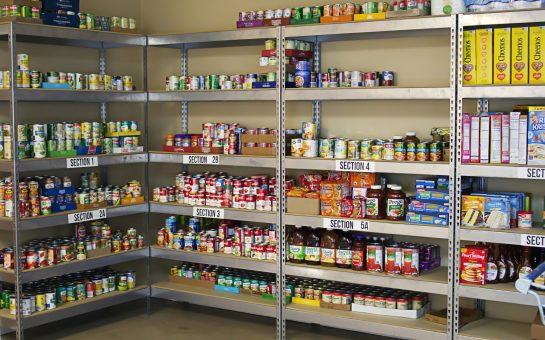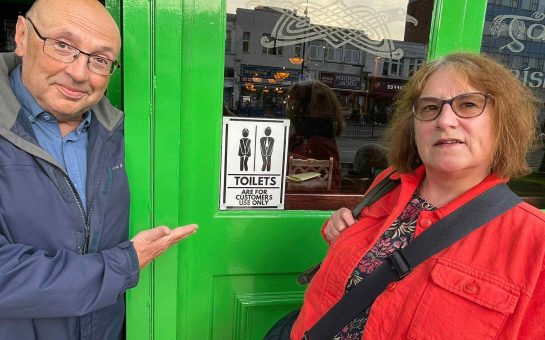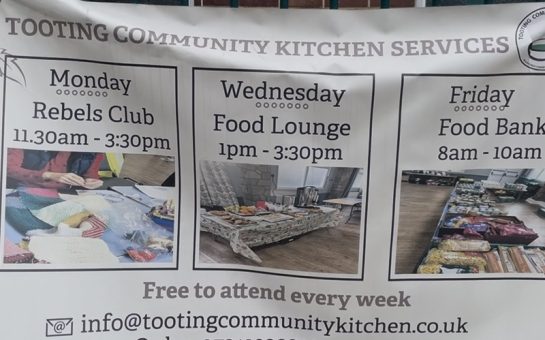Last week saw the 3500th visitor since 2011.

When the leaves begin to turn, the time of year has come when local schools begin to prepare for Harvest Festival. But for some organisations in Merton, that time never really goes away.
Wimbledon food bank opens for six hours each week, when people who have been referred there can redeem their vouchers and pick up enough food to last three days.
Enzo Calamica lives in Croydon, but he’s been helping out there since February last year. It’s the closest food bank to where he lives, although he says hopefully that will change.
“The way things are going, it looks like every local authority will have one,” he said.
Attendance at the Wimbledon branch has doubled in the past year, Enzo says, estimating that about one hundred people use the food bank each week. Nationally, numbers have tripled over the past year, according to Oxfam statistics.
Last week local Tory MP Stephen Hammond visited, which Enzo believes is the kind of publicity the food bank needs. The same week saw the 3500th visitor since the food bank opened in 2011.
“People are struggling more than ever but it’s not something we like to think about,” he added.
They are referred there by Merton institutions – the women’s refuge, the council, Social Services, churches – who distribute vouchers to people they identify as at risk.
The Trussel Trust, which started over 380 food banks in the UK, is a charity that relies on volunteers and donors to patch up the holes in the benefits system which leave people hungry.
Last weekend the food bank had a stall at Deen City Farm’s Harvest Festival.
Louisa Loakes, who organised the event, says that she hopes the connection will continue. Merton Growing Gardens, the community allotment at the farm, donated food.
Both organisations serve the most vulnerable people in Merton. The Growing Gardens are tended by teams of volunteers who are referred to Louisa by local health authorities.
But the allotments are not all about growing vegetables. “Gardening is known to be therapeutic,” Louisa says.
Many of the volunteers, who spend between three months and a year at the Growing Gardens, have been released from hospital after being treated for mental health problems and their time at the allotment is a transition back into society.
Some are homeless, and the time they spend there provides structure and stability.
The social environment of the allotments is what Louisa believes is the most important when preparing people to reintegrate into society.
The Growing Gardens has been open for ten years, and Louisa has worked there for nine of them. School groups visit to learn about sustainability, but on a day to day basis it’s the adult volunteers who keep the gardens running, with about fifteen people helping out each week.
The food there is shared between the volunteers, as well as being sold at the farm shop. Louisa says the results are tangible.
“We’ve had people come in with low esteem, but building social skills and being involved in this community can make them more confident to go out and find a job,” she said.
Wimbledon Food Bank is open Monday, Tuesday and Thursday from 12.00 to 2.00.
A shopping list of non-perishable food for donation can be downloaded from www.wimbledon.foodbank.org.uk
Photo courtesy of Bread for the World, with thanks.
Follow us @SW_Londoner




